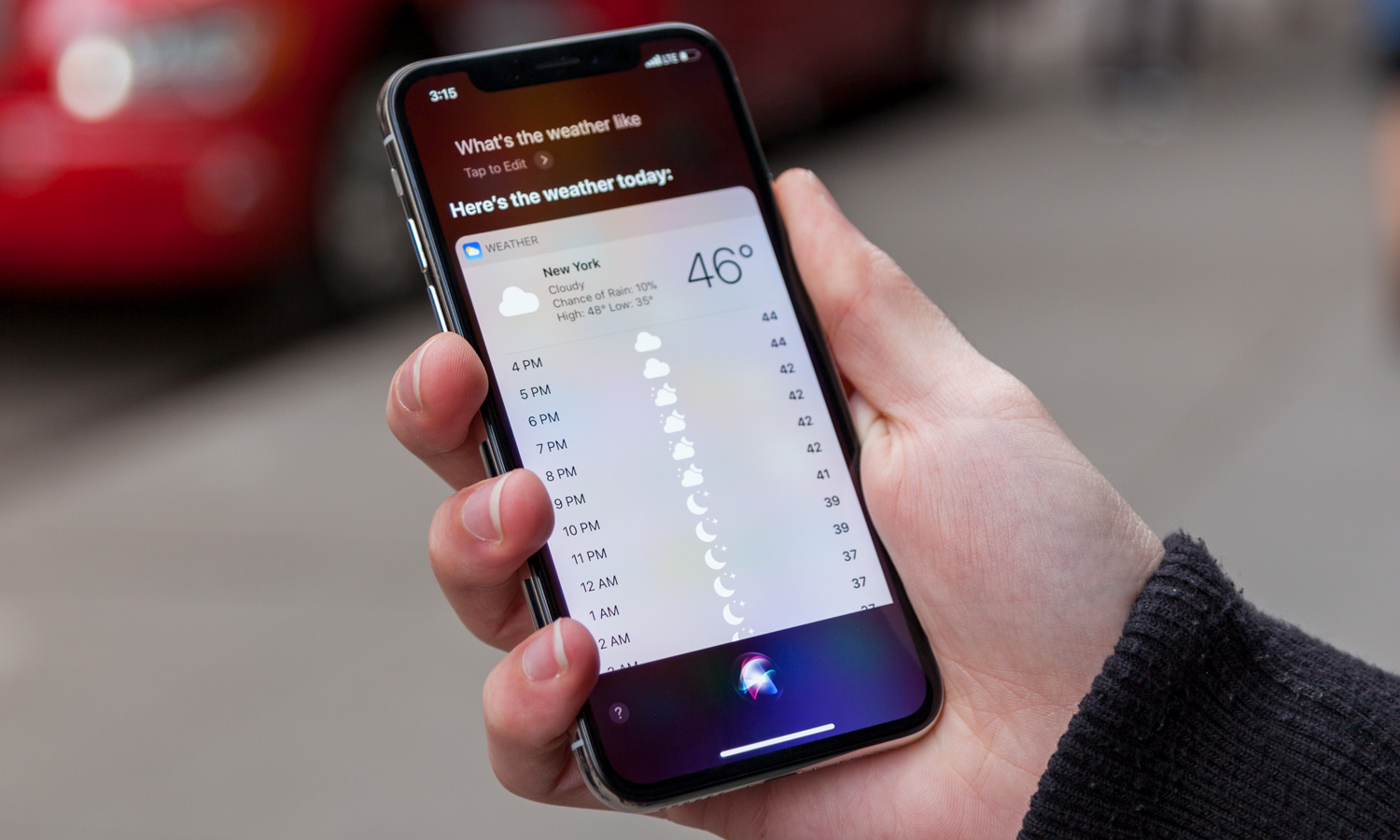Get This Version of the iPhone X If You Want the Fastest LTE
iPhones equipped with a Qualcomm modem perform better than those relying on Intel's modem, a testing firm has found.
Here at Tom’s Guide our expert editors are committed to bringing you the best news, reviews and guides to help you stay informed and ahead of the curve!
You are now subscribed
Your newsletter sign-up was successful
Want to add more newsletters?

Daily (Mon-Sun)
Tom's Guide Daily
Sign up to get the latest updates on all of your favorite content! From cutting-edge tech news and the hottest streaming buzz to unbeatable deals on the best products and in-depth reviews, we’ve got you covered.

Weekly on Thursday
Tom's AI Guide
Be AI savvy with your weekly newsletter summing up all the biggest AI news you need to know. Plus, analysis from our AI editor and tips on how to use the latest AI tools!

Weekly on Friday
Tom's iGuide
Unlock the vast world of Apple news straight to your inbox. With coverage on everything from exciting product launches to essential software updates, this is your go-to source for the latest updates on all the best Apple content.

Weekly on Monday
Tom's Streaming Guide
Our weekly newsletter is expertly crafted to immerse you in the world of streaming. Stay updated on the latest releases and our top recommendations across your favorite streaming platforms.
Join the club
Get full access to premium articles, exclusive features and a growing list of member rewards.
The A11 Bionic chip in the latest iPhones guarantees fast processing performance. But if you also want the best networking speeds for your iPhone X, you should get the model available through either Sprint or Verizon, as that features a better performing modem.

That's the conclusion drawn by PC Mag which tabbed wireless testing firm Cellular Insights to look into iPhone networking performance. The tests indicate that iPhones equipped with Qualcomm's modems deliver better LTE speeds.
Apple uses different modems in its iPhones, depending on which cellular network the phone uses. You'll find a Qualcomm Snapdragon X16 modem in iPhones that work with the CDMA networks of Sprint and Verizon. Other iPhones feature Intel's XMM7480 modem and are compatible with GSM networks like the ones that AT&T and T-Mobile use.
MORE: A Month with the iPhone X - What I Love (and Hate)
Apple started using different modems in its phones with last year's iPhone 7. That's when Cellular Insights first highlighted the difference in modem performance between iPhone models, a trend that's apparently continued with this year's iPhone lineup.
Cellular Insights's latest tests looked at the iPhone X's performance on LTE Band 4, which is used every major US carrier except for Sprint. The iPhone 8 and 8 Plus weren't included in this test, though they also use different modems depending on their intended carrier.
In the tests, Cellular Insights weakened the LTE signal until both modems stop performing. The testing firm found that Intel's speeds feel more rapidly as the signal became weaker. At a weak signal strength of -120dBm, results showed the Qualcomm modem turning in speeds that were 67 percent faster than what the Intel modem could produce.
The performance gap between the Qualcomm and Intel modems on the iPhone X is smaller than it was with the iPhone 7, though that doesn't seem to be because of an improvement on the Intel modem's part. Rather, PC Mag speculates that Apple may be tuning its hardware so that the gap isn't as big between the differing modems. Qualcomm's X16 modem supports performance-enhancing technologies like 4x4 MIMO and license-assisted access (LAA), but PC Mag reports that those features are disabled in the new iPhones.
The modem issue doesn't figure to go away with future iPhones. Qualcomm and Apple are currently locked in a dispute over licensing fees, and Apple could turn to other modems capable of working with CDMA networks for next year's iPhone. The company could also develop its own in-house solution just like it did with its mobile processor.
For now, it seems like the best way to get maximum networking performance from your iPhone is to buy the model that uses Qualcomm's modem. In addition to the Sprint- and Verizon-tied versions of the phone, Apple's unlocked iPhones also feature the Qualcomm modem, though the iPhone X isn't currently available as an unlocked phone.
- Unlocked or Carrier? How You Should Buy Your Next Phone
- How to Use the iPhone X - A Guide to New (or Improved) Features
- Smartphone Buying Guide: 9 Tips for Finding the Right Phone
Get instant access to breaking news, the hottest reviews, great deals and helpful tips.
Philip Michaels is a Managing Editor at Tom's Guide. He's been covering personal technology since 1999 and was in the building when Steve Jobs showed off the iPhone for the first time. He's been evaluating smartphones since that first iPhone debuted in 2007, and he's been following phone carriers and smartphone plans since 2015. He has strong opinions about Apple, the Oakland Athletics, old movies and proper butchery techniques. Follow him at @PhilipMichaels.
 Club Benefits
Club Benefits











